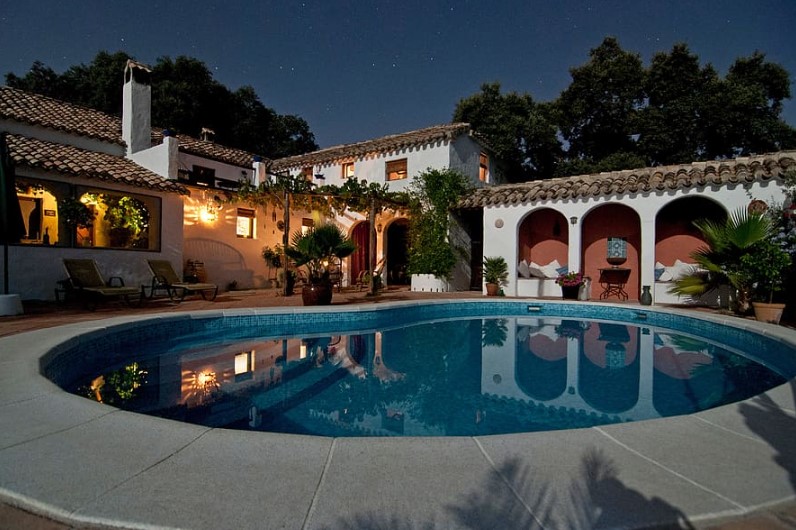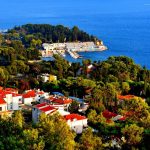Buying a home is a significant milestone in anyone’s life, and when it comes to purchasing property in Spain, it can be an exciting adventure. Spain, Costa Blanca is renowned for its stunning landscapes, rich culture, and diverse real estate options, making it a popular choice for both vacation homes and permanent residences. However, navigating the process of buying a home in Spain can be a complex endeavor, especially for those unfamiliar with the country’s real estate laws and practices. In this article, we will guide you through the step-by-step process of purchasing a home in Spain.
Table of Contents
Research and Planning
Before diving into the Spanish real estate market, it’s crucial to do your homework. Begin by considering your budget, preferred location, and property type (e.g., apartment, house, villa, etc.). Take into account your long-term goals for the property, such as whether it will serve as a primary residence, vacation home, or investment.
Engage a Real Estate Agent
To make the process smoother, consider hiring a reputable local real estate agent who is well-versed in the Spanish market. A knowledgeable agent can help you find properties that meet your criteria, arrange viewings, and guide you through negotiations. SpaniaProperty.com is a real estate on Costa Blanca and you can find house for sale Finestrat, Altea, Torrevieja.
Property Selection and Viewing
Once you’ve engaged an agent, start viewing properties that align with your preferences. Spain offers a wide range of options, from coastal apartments to rustic countryside villas. Attend property viewings to get a better sense of the local real estate market and the condition of the properties.
Due Diligence
After identifying a property of interest, conduct thorough due diligence. This includes checking the property’s legal status, ownership, outstanding debts or liens, and any pending legal issues. Your real estate agent can assist with this process and ensure the property is free of any encumbrances.
Reservation Agreement
When you’ve found the perfect property, it’s time to make a formal offer. This is typically done through a “reservation agreement” (Contrato de Reserva). This agreement involves a deposit (usually around 5-10% of the property price) and outlines the terms and conditions of the purchase.
Purchase Contract / reservation contract (Contrato Privado de Compraventa)
The next step is the private purchase contract, which formalizes the property transaction. This contract often requires a higher deposit, typically 10-20% of the property price. Be sure to have a legal advisor or notary review the contract to ensure it includes all necessary details and protects your interests.
Property Survey and Mortgage (if applicable)
Depending on your situation, you may choose to have a property survey conducted. If you plan to finance the purchase with a mortgage, now is the time to secure your financing. Spanish banks often require a substantial down payment, usually around 20-30% of the property price.
Completion at the Notary (Escritura de Compraventa)
The final step in the buying process is the completion of the sale at a notary’s office. The notary will ensure all legal requirements are met, collect any outstanding payments, and officially transfer the property’s ownership to you. You’ll need to bring identification, the remaining funds, and your legal advisor or translator if necessary.
Registration and Taxes
After the notary signing, you’ll need to register the property with the local land registry office (Registro de la Propiedad) to confirm your ownership. Additionally, be prepared to pay property transfer tax (ITP) or value-added tax (VAT) depending on the property type and location.
Ongoing Costs
Don’t forget that homeownership in Spain comes with ongoing costs, including property taxes, community fees (if applicable), utility bills, and maintenance expenses. Be sure to factor these into your budget.
Conclusion
Buying a home in Spain is an exciting journey, and with proper research and guidance, it can be a rewarding experience. We can recomend to explore places such as Altea, Albir, Finestrat and Torrevieja. Engaging with a reputable real estate agent, conducting thorough due diligence, and understanding the legal and financial aspects of the process are essential steps to ensure a smooth transition to your new Spanish abode. Whether you’re seeking a coastal retreat or a rustic countryside escape, Spain’s diverse real estate market has something to offer every aspiring homeowner. For more information visit www.spaniaproperty.com
Posts from the same category:
- Real estate in Thailand is becoming increasingly popular
- Guide to Buying Real Estate in Croatia
- Top Things to Consider When Buying a Home in Italy
- Tips to Buy the Best Luxury Property Slovenia
- Unlock the Charms of Slovenian Real Estate
- Don’t Wait Call And Sell Your Downriver Michigan House Now
- Richfield, Ohio – Your Serene Haven Awaits






